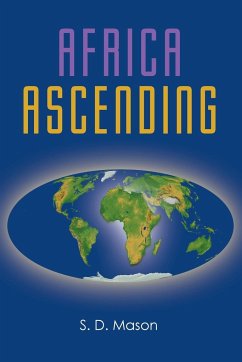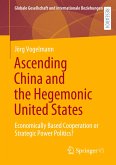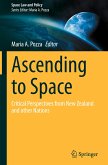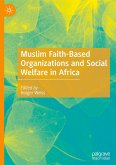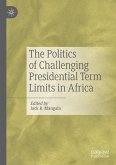This book offers practical guidelines to the best course of action to identify the sociocultural barriers that work to prevent collaboration and cooperation on technological innovation in this region of the world. This is significant because most demographers predict that by the end of the century, a significant portion of the world's population will live and conduct business in sub-Saharan Africa. There is an urgent need to preempt the desire for emerging economies to rely on carbon-based fuels as the primary fuel used for transportation. Increased population densities coupled with emissions increases would act to mitigate sustainable development in this region of the world. High-speed rail is a clean energy system that operates without carbon-based fuels. A successive reduction of aggregate greenhouse gases provides an opportunity to lessen the effects of global warming. Today, this burgeoning population lacks the technological sophistication to help ameliorate the impalpable deterioration of the socioeconomic fabric of the region. This book suggests ways to solve the cultural impasse that chews away at collaborative efforts at innovation. The high-speed initiative will assist in reenergizing development in the region. Transit managers and policy makers need to improve upon collaborative strategy to cultivate a process for sustained improvements that enrich the economic and social fabric of the region. At stake are increased productivity improved quality of life and a significant reduction in the social dissonance and the restoration of human dignity. Research in this area will strengthen and preserve social and economic well-being for generations to come.
Hinweis: Dieser Artikel kann nur an eine deutsche Lieferadresse ausgeliefert werden.
Hinweis: Dieser Artikel kann nur an eine deutsche Lieferadresse ausgeliefert werden.

